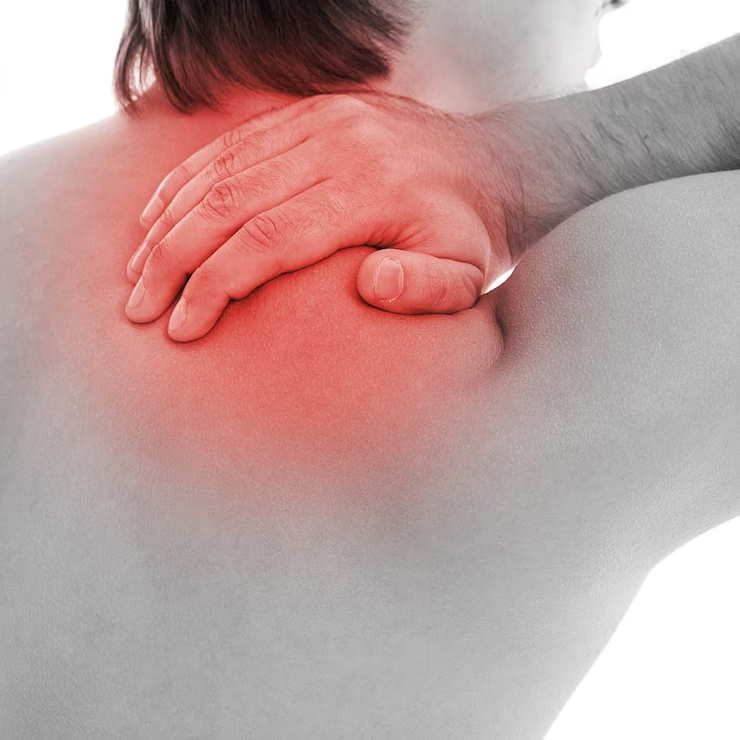
What Are The Causes Of Pinched Nerve?
Various conditions may cause tissue to exert pressure on a nerve. Some of these conditions include;
- Arthritis rheumatoid generates inflammation in the joints, which can strain adjacent nerves.
- The spine and discs deteriorate with age due to “wear and tear.” Discs in the spine can lose water and dehydrate over time. The vertebrae (bones in the spinal cord) come closer together, and as a result, the body generates bone outgrowths. These spurs, or bone growths, can impede nerve function.
- A pinched nerve can be caused by a sport-related or accident-related injury.
- Herniated discs can be caused by awkward pressing, pulling, or twisting.
- Repetitive motions, such as extended durations of typing on a keyboard, can create wrist and hand strain. This might cause carpal tunnel syndrome (tendon inflammation pressuring the median nerve in your arm).
- Overweight or obese: Excess weight can expand your neural pathway, putting strain on your nerves.
- The added weight during pregnancy may cause nerve compression.
- High quantities of glucose (sugar) in the blood might be detrimental to the nerves.
- Thyroid disease. If you are suffering from thyroid, you are at risk of getting carpal tunnel syndrome.
If a nerve is compressed briefly, there is typically no permanent injury. Once the pressure is released, normal nerve function resumes. However, severe discomfort and lasting nerve damage may result if the pressure persists.

